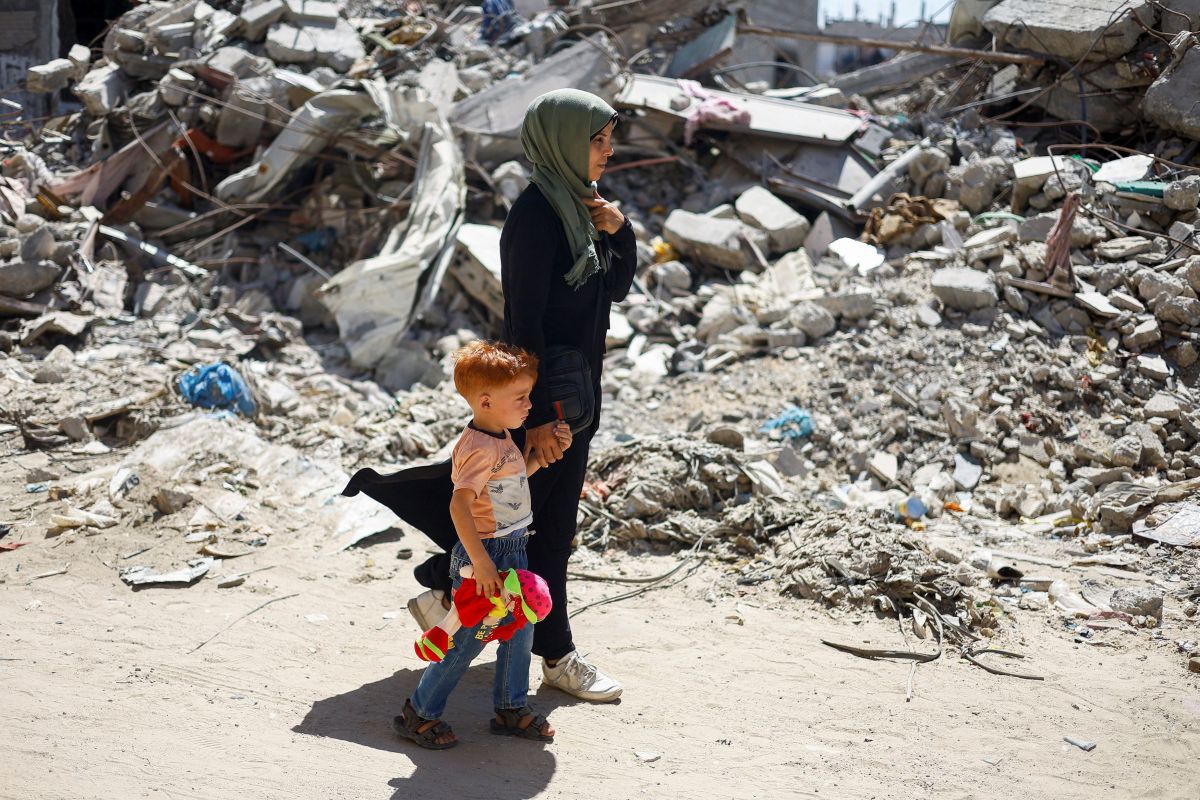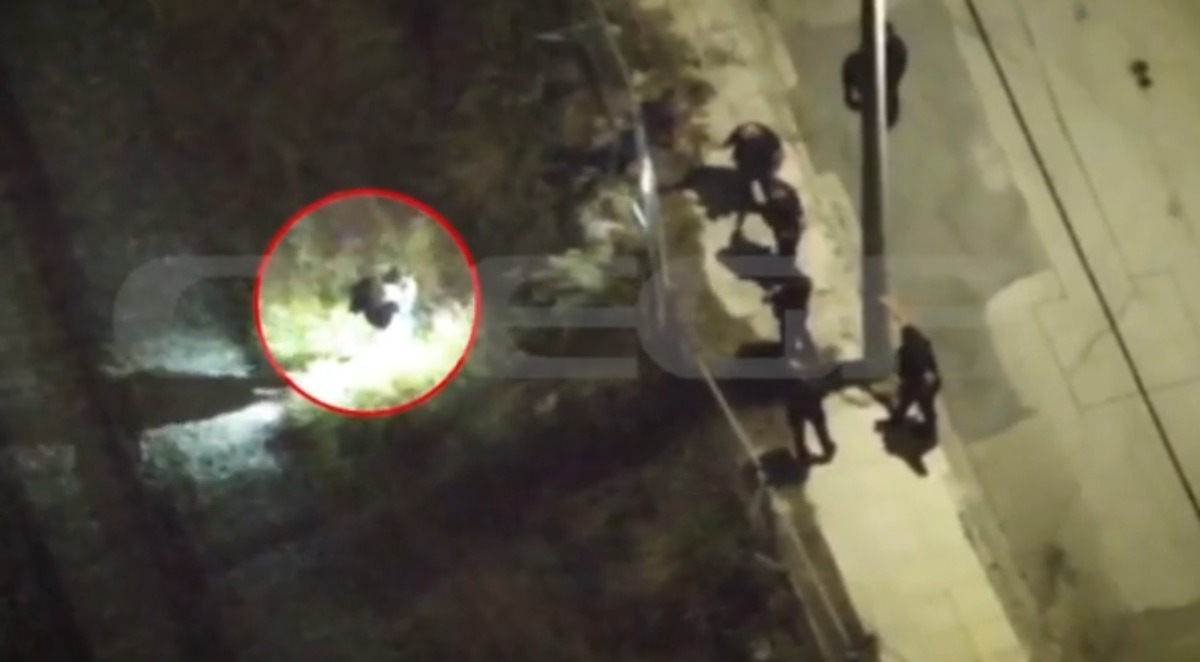In Israel’s financial and cultural center, Tel Aviv, many of the city’s skyscrapers feature Israeli flags along with two Hebrew words: Beyachad Nenatze’ach – Together, we will win.
A closer look at the streets of the city reveals a very different picture: on one side there are posters and placards from the families of the hostages in Gaza, demanding a deal for their release – even at the cost of ending the war against Hamas . And on the other side there are also posters of soldiers killed in the war, which call for the continuation of the war until “total victory”.
This image reflects the division that exists in Israeli society around one question: is it worth ending the war in order to return the hostages?
A society in complete shock
The division in Israeli society was evident even in the run-up to the October 7 attack. For months, many people have been protesting against the judicial reform proposed by the country’s right-wing government, reports DW.
Hamas attacks on October 7 left more than 1,200 dead, mostly civilians, while Hamas, designated a terrorist organization by Germany, the US, the EU and other states, also took more than 250 hostages in Gaza.
Israeli society was in a state of absolute shock. Many felt that their government was incapable of managing the crisis, and many citizens took over part of its management.
Emergency centers began to spring up in various places, organized and run by citizens with the aim of raising money to buy equipment for the soldiers, offer shelter for the thousands of people who were forced to leave their homes, or find labor for the agricultural sector in order to replace the immigrants who left the country because of the war. In a way, civil society and private initiatives thus performed the role of government.
Israel divided
A year later this feeling of solidarity seems to have almost completely disappeared. Society is once again divided, only this time the division revolves around the war and the hostages being held in Gaza.
Ultimately, calls for an agreement to release the hostages became synonymous with a dismissive attitude towards the policies of Prime Minister Netanyahu and the Israeli government regarding the management of the war.
Relatives of hostages are increasingly being insulted, both on social media and on the streets, sometimes even being the target of attacks. The most common insult to relatives of hostages is the word “Smolanim”, which is synonymous with “leftist”.
Many even criticize the relatives that their campaign for the return of the hostages strengthens Hamas in the negotiations with Israel. And of course, all of this benefits one person: “Prime Minister Netanyahu”, as one of the relatives says.
What do Israelis agree on?
Shmuel Rosner is a pollster and journalist at Israel Public Radio. In one of his podcasts, Rosner discussed the so-called “sphere of agreement”: that is, the issues on which Israelis can agree, even if they come from different parts of the political spectrum.
According to Rosner, these issues have diverged since the October 7 attacks. As the journalist explains, the attacks by Hamas made it clear to many Israelis that the presence of the Israeli army in the West Bank and Gaza is essential for the country’s security. More citizens consider it necessary to occupy the West Bank, which is considered illegal under international law, after October 7.
On the other hand, the war enabled radical groups in Israeli society to gain traction, while previously some of their positions were considered taboo.
However, this is how certain social frictions, which the Israelis thought they had left behind, are returning to the fore. And this ultimately “makes it more difficult to create a sphere of agreement”.
Israeli insecurity
After the dramatic developments of the last year, a poll by the Israeli Institute for National Security Studies (INSS) from last September shows that Israelis feel more insecure. According to the poll, 31% of Israelis have a “low” or “very low” sense of security, while only 21% say they feel very safe.
Since October 7, 2023, the number of Israelis deciding to leave the country has been steadily increasing – more citizens left in 2023 than in 2022, with the numbers expected to be even higher in 2024.
#October #massacre #changed #Israelis #society #shock

